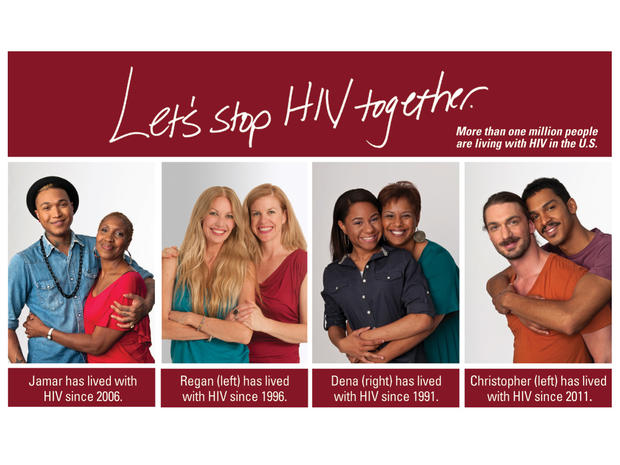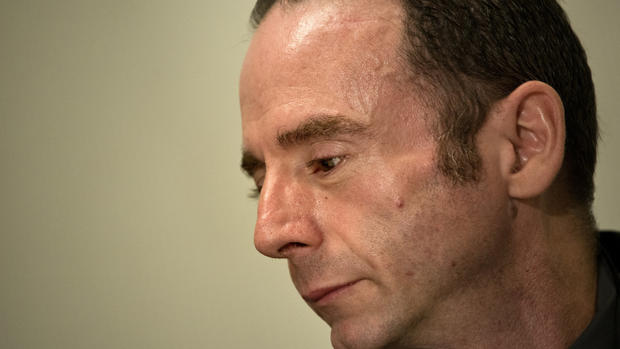CDC touts testing on National Gay Men's HIV/AIDS Awareness Day
(CBS News) Have you been tested for HIV/AIDS recently?
Today marks National Gay Men's HIV/AIDS Awareness Day (NGMHAAD), and the National Association of People With Aids, along with other groups, are encouraging gay men to stay safe and get tested frequently for HIV/AIDS.
FDA approves HIV treatment that combines four medications into one daily pill
CDC: Truvada may reduce HIV transmission risk in heterosexual men and women
Man "cured" of AIDS: Timothy Ray Brown
"NGMHAAD calls on gay men across the United States to remember that the end of the HIV/AIDS epidemic may be in sight, but the epidemic isn't over - and men who have sex with men are still at high risk," the National Association of People With Aids wrote on its web site. "The number of gay men already living with HIV in this country may be as high as 1 in every 8, so we have to protect ourselves. Play safe!"
Routine HIV testing is recommended every three to six months for gay men and high-risk groups, which includes bisexual men, people who have multiple and anonymous partners, people who have sex in conjunction with illicit drug use or people who have partners who participate in these activities.
According to new data from the Centers for Disease Control and Prevention (CDC), 61 percent of all new HIV cases were in gay and bisexual men. Men who have sex with men who had a history of injection drug use accounted for an additional 3 percent of new infections. From 2006 to 2009, infections in the young African American/black gay and bisexual community increased 48 percent. Overall, however, gay and bisexual mean only make up 2 percent of the U.S. population.
The National Association of People With Aids estimates that one in five gay men living in cities has HIV and half of them may not be aware of their status. About 441,669 men who have sex with men are living with HIV, the CDC reported. An estimated 296,222 men who have sex with men have died from AIDS.
If you have a positive diagnosis, it doesn't mean you should give up. The National Association of People With Aids points out that it's untreated HIV that can kill. It encourages people to continue using their prescribed medications regularly and to use condoms to protect themselves and others they care about.
The CDC reiterated its dedication to help prevent HIV/AIDS from spreading within the gay and bisexual community, with the ultimate goal of increasing the number of HIV-diagnosed gay and bisexual men with undetectable viral load by 20 percent by 2015.
Other recent measures the agency has taken include introducing a pre-exposure prophylaxis (PrEP), a new prevention method in which persons at high risk for HIV can take a once-daily pill to reduce their risk of becoming infected. Two other campaigns Testing Makes Us Stronger, which focuses on getting black gay and bisexual men between the ages of 18 to 44 to come in for testing, and Let's Stop HIV Together, which teaching more about HIV and shows who it affects from mothers to friends to relatives, have been introduced as well.
"We have a responsibility to those we have lost, to end this epidemic," the National Association of People With Aids said. "Because, as we enter its fourth decade, we know now how we can do it: routine HIV testing for all; immediate treatment for all who test positive; and an end to the HIV stigma and homophobia that make too many Americans afraid of testing and treatment."


